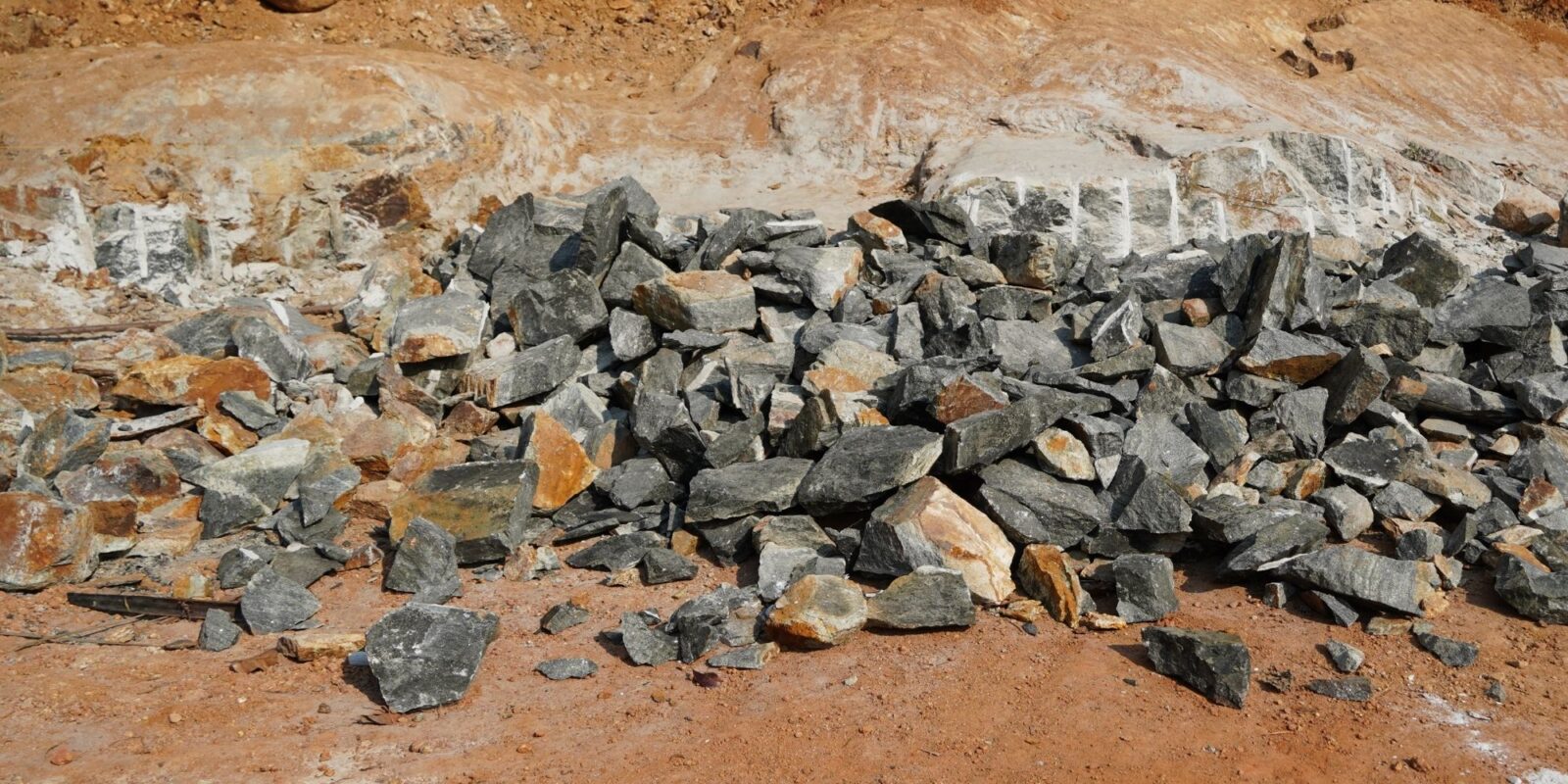New mining law to be strict on lithium beneficiation

Portfolio Committee on Mines and Mining Development says the upcoming Mines and Minerals bill should be rigid on lithium beneficiation to ensure maximum returns for the country from the commodity.
Zimbabwe is endowed with diverse mineral resources but lithium is the topical at the moment, a position that has triggered amplified investor interest in the resource as the world evolves towards the adoption of renewable energy and electric cars to curb emissions.
Statistics show that Zimbabwe produced 1,200 tonnes of lithium in 2021, making it the sixth-largest miner globally behind Brazil (1 900 tonnes), Argentina (6 200 tonnes), China (14,000 tonnes), Chile (26 000 tonnes) and Australia (55 000 tonnes).
However, being one of the top producers of the commodity does not automatically translate to maximum financial returns, given that a lucrative price is earned from a beneficiated commodity.
Locals, particularly artisanal miners are selling the commodity for a song compared to benefits that can be accrued from exporting concentrates or retailing lithium products like batteries.
On December 20, 2022, the government announced that lithium-bearing ores could only be exported on the basis of written permission from the Minister of Mines and Mining Development.
The provision allowed free movement of rocks meant for assay abroad or lithium ore whose market value would have been determined on the basis of reference to a reputable metals exchange.
Ban on raw lithium exports is meant to encourage investment in local processing facilities.
To that effect, Finance and Economic Development Minister, Professor Mthuli Ncube, in February indicated that Government is ready to put forward US$20 million to partner investors willing to invest in a lithium battery manufacturing project in Zimbabwe.
Speaking at a consultative meeting, Parliamentary Committee on Mines and Mining Development chairperson, Edmond Mkaratigwa, indicated that Zimbabwe should aim to accrue higher returns from the commodity given the momentum of lithium all-round the world.
He said the Mines and Minerals Bill which is currently being debated through consultative meetings, seeks to repeal the existing mining law to adapt to over a decade of new national and international changes in mining as well as challenges affecting the sector and its linkages throughout the value chain.
“I appreciate that lithium has been identified as a strategic mineral, and as you all know, climate change is upon us and the world is fast moving towards cleaner energy sources whose technologies include use of electric cars powered by lithium batteries.
“Zimbabwe is in the world’s top ten in terms of its lithium resource endowment so we definitely have to guard jealously this God-given precious opportunity presented in this resource.
Effectively, it becomes imperative that we put our shoulders to the wheel and make a law that will have a positive impact on the current generation as well as our posterity, we should strive that the end process ends here so that Zimbabwe exports finished products like batteries which have a better value,” said Hon Edmond Mkaratigwa.
He said the law should ensure that the totality of mining revenue find way to the fiscus further indicating that the state must guarantee that local communities benefit from the resources in their regions.
Mining industry expert, Mr Godfrey Manja, indicated that although a law was put in place to curb random extraction and trading of lithium, security should be aided to limit the activities still being conducted by unscrupulous buyers and dealers.
Illegal lithium mining activities are still going unnoticed in some areas across the country, we still have artisanal miners being involved in running battles with the law enforcement agencies.
“We have areas like Goromonzi where artisanal miners are still conducting illegal lithium extraction, the issue is who are they selling to and where is it going next,” said Mr Manja.
Through Statutory Instrument 213 of 2022 (Base Minerals Export Control for un-beneficiated Lithium Bearing Ores) people that are found violating the law face a fine of twice the value of the mineral they had sought to export illegally (smuggle), or face imprisonment for up to two years.
Herald


